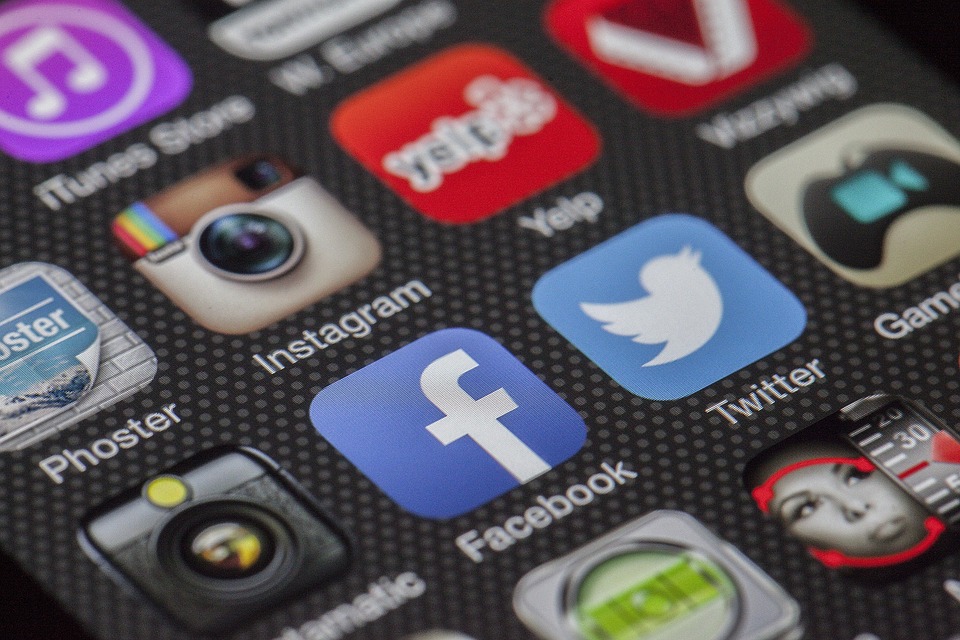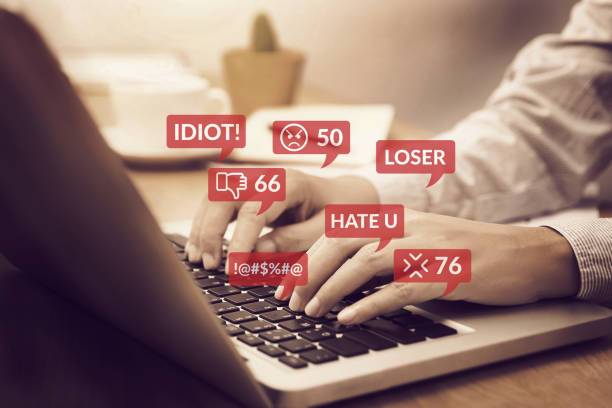The toxicity of trolls and cyberbullies on social media has once again been highlighted by the experience of Alicia McCarvell, the body-positive TikTok influencer with 5.5 million followers on the platform. She is the latest in a long line of influencers to become the victim of cyber bullies.
McCarvell, who is from Halifax, Nova Scotia, was recently attacked by trolls who made insulting comments about her appearance, comparing her unfavorably with her husband. She responded with a video about the comments she had received, explaining the importance of taking this stance: “My platform is about self-love, and by allowing people to abuse me in my comments section, I would have been condoning the idea that it’s OK to one, bully people online and two, that I’m not worthy of my husband.”
<iframe src=”https://www.facebook.com/plugins/post.php?href=https%3A%2F%2Fwww.facebook.com%2Fphoto.php%3Ffbid%3D462489575879635%26set%3Da.294734502655144%26type%3D3&show_text=true&width=500″ width=”500″ height=”498″ style=”border:none;overflow:hidden” scrolling=”no” frameborder=”0″ allowfullscreen=”true” allow=”autoplay; clipboard-write; encrypted-media; picture-in-picture; web-share”></iframe>
Technological solutions
The moderation failings of social media platforms have led to the development of technology to deal with trolls and cyberbullies. Algorithms created by researchers at McGill University in Montreal help to discover the words used in hate speech, which do not always contain offensive language, on sites such as Reddit. The tool demonstrates how trolls and cyberbullies use certain words, such as animals, to bully others in order to dehumanize them. It also shows how difficult it can be to police online abuse.
Personal steps
There are a series of steps to take if you are the victim of cyberbullying on social media, including saving evidence, reporting abuse, and, if necessary, contacting the police if you have been physically threatened. McCarvell responded to cyberbullies, although this is not generally recommended.
Fortunately, there are several steps you can personally take to reduce the chances of encountering a troll on social media. One option is to set your Instagram and Twitter accounts to private, so you can limit your followers to family and friends. It also means you can personally vet anyone who wants to follow you. But if you don’t want to take this step, you can also limit access to your posts on Twitter and Facebook by customizing who you want to see your posts. You should also be aware of friend requests on Facebook, as many requests will not be from people you actually know.

This comes as it was revealed that in 2021, 72% of journalists in Canada had suffered harassment, including death threats, racial abuse, and misogynistic attacks.
Of course, you don’t need to be a victim of trolls and bullies to be upset by hate speech on social media. On sites such as Twitter, you can not only block accounts but you can also mute accounts and mute individual words. On all social media platforms, users have the opportunity to report trolls and bullies, although the results of reporting cyberbullies are often inadequate from the perspective of many victims.
It is essential to be proactive on social media and take the necessary steps to avoid being a target for the cyberbullies and trolls that plague the platforms. A double-pronged approach of personal protection and technological solutions will greatly reduce the prospect of becoming a victim of bullies and ensure you have a more positive experience on social media.
Published by HOLR Magazine.


